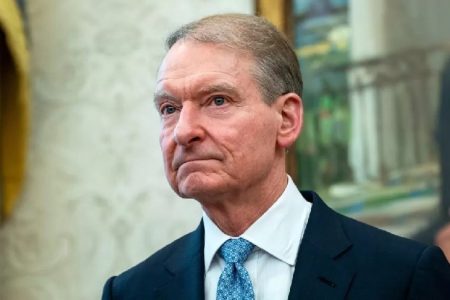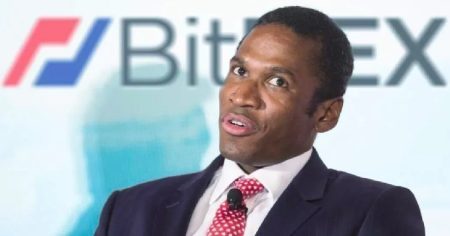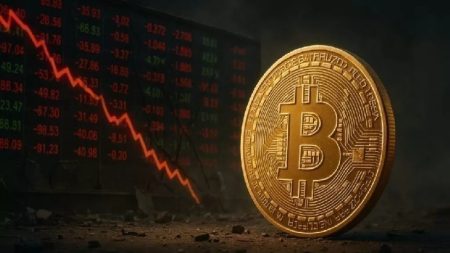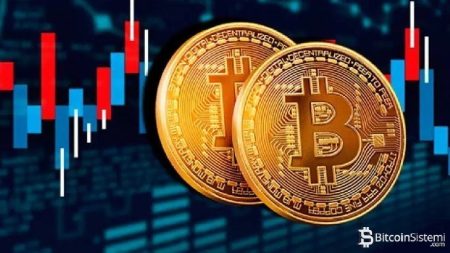In a dramatic televised address, South Korean President Yoon announced a state of emergency that effectively granted the military authority to maintain order, suspended parliamentary activities, and placed media under martial law control. This move was justified by President Yoon as a necessary step to protect the nation from internal threats, particularly accusing the opposition-controlled parliament of causing governmental paralysis and risking public safety. The declaration creates an unprecedented scenario in South Korea, raising alarms about the potential erosion of democratic principles and legislative rights in the face of perceived political instability.
The political turmoil instigated by this declaration sent shockwaves through South Korea’s financial markets, particularly the cryptocurrency sector. Bitcoin (BTC), the flagship digital currency, experienced a staggering drop of over 30% on Upbit, the country’s largest cryptocurrency exchange, falling from higher trading levels to approximately $62,000. This fall created a significant arbitrage opportunity, as Bitcoin’s price on global exchanges remained around $93,600, resulting in a $4,000 price gap between international markets and South Korean exchanges. Traders quickly spotted this disparity, leading to a frenzied buying atmosphere as many sought to capitalize on the sudden price fluctuation.
Other cryptocurrencies also felt the impact of the political upheaval; for instance, XRP’s trading volume surged, even surpassing that of Bitcoin on prominent South Korean exchanges such as Upbit and Bithumb. This spike in activity indicated a chaotic trading environment as investors sought quick gains amid the uncertainty. Despite the heightened trading volumes, XRP ultimately could not escape the broader market downturn. However, as the political situation began to stabilize, prices experienced a rebound as traders capitalized on the opportunity to buy assets at discounted rates.
The implementation of martial law has incited serious concerns regarding the integrity of South Korea’s democratic system and the potential economic ramifications. Opposition leaders have vehemently condemned the president’s actions as unconstitutional and have raised alarms regarding the possibility of arrests among parliamentary members. The international community watches closely, aware that South Korea plays a pivotal role not only in the global economy but also in the cryptocurrency landscape. This growing tension and uncertainty could reverberate beyond the nation’s borders, affecting global market dynamics.
Amid the chaos, South Korea’s Financial Services Commission Chairman, Kim Byung-hwan, addressed questions regarding the establishment of a Bitcoin Strategic Reserve. During a television interview, he stated that the country would adopt a cautious approach, opting to observe and assess how other nations respond to U.S. President-elect Donald Trump’s cryptocurrency policies. Kim underscored the importance of investor protection over a hasty shift towards embracing digital assets, indicating that the nation is not prepared to make any immediate strategic moves regarding Bitcoin reserves. This caution reflects apprehension about the possible implications of the current political crisis on the broader financial landscape and highlights the necessity for careful policy formulation.
As South Korea continues to grapple with its evolving political environment, the interplay between governance, economic stability, and investor sentiment remains critical. The martial law declaration signifies a moment of potential inflection for the nation’s democracy, prompting discussions about the balance of power and the role of legislative bodies in safeguarding public interests. With the cryptocurrency market’s volatility peaking amid these developments, traders, investors, and policymakers alike must navigate the uncertainty, all while maintaining a focus on protecting the legal frameworks and economic structures that underpin South Korea’s position in the global economy. Ultimately, how South Korea emerges from this crisis will likely shape its future trajectory in both political and financial contexts.














